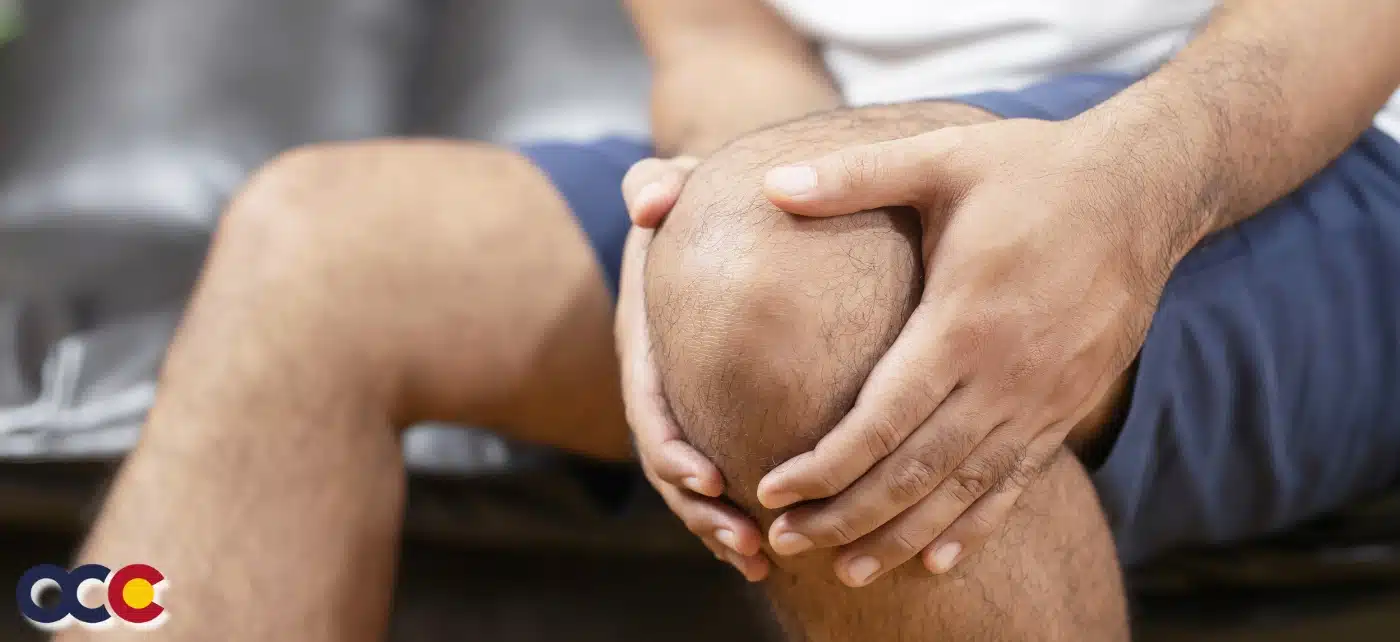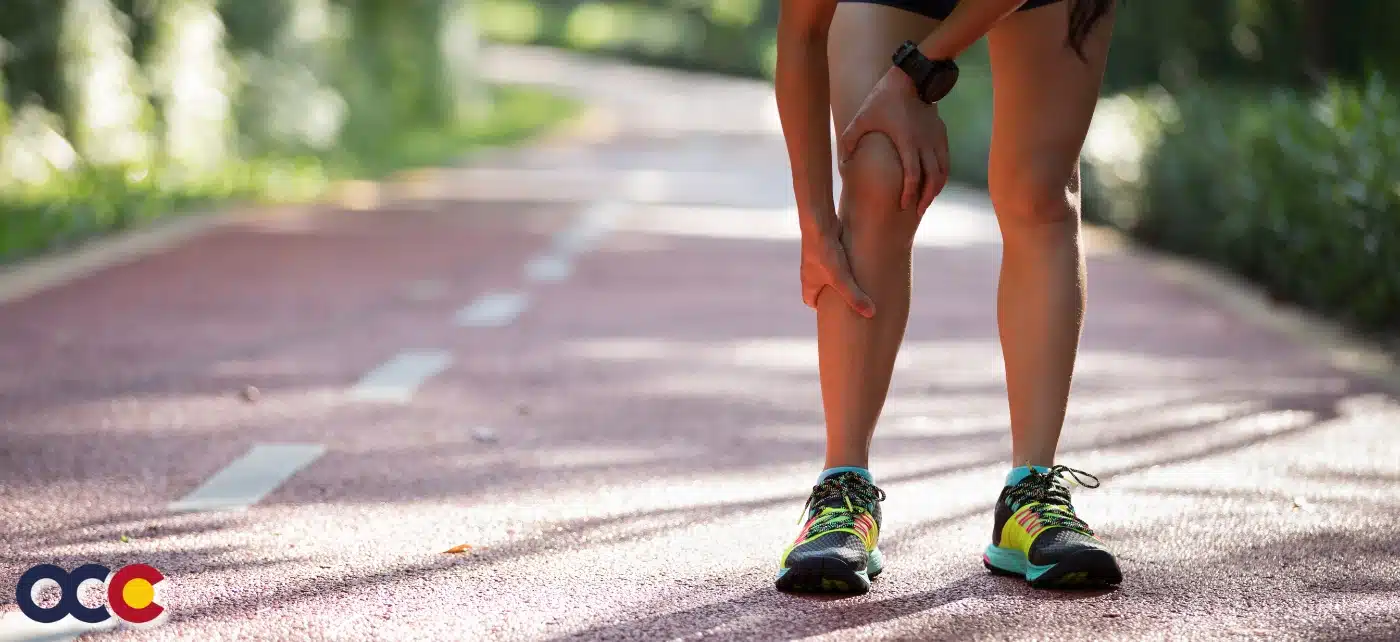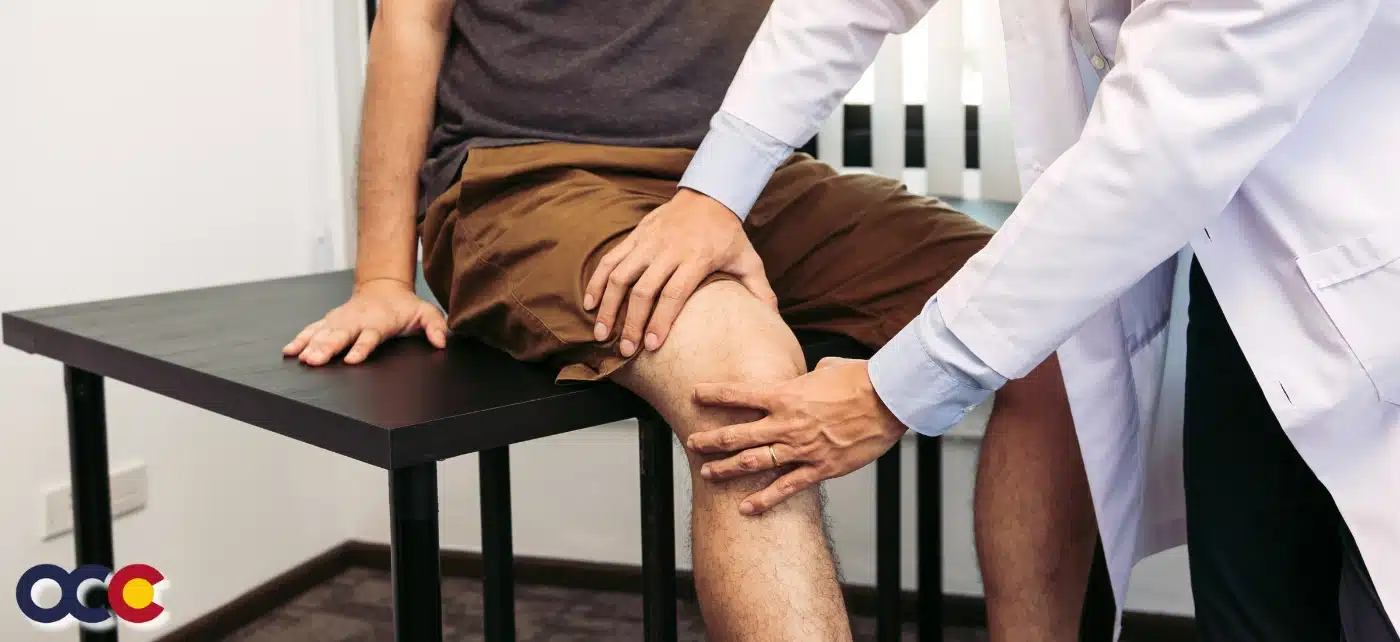Knee pain can derail anyone’s life. Especially if it is from a torn, damaged, or missing meniscus, which is crucial to knee stability and provides cushioning to the knee joint, as well as distributing weight and stress within the joint. A meniscus transplant replaces damaged cartilage, relieves knee pain, and improves the way the knee works. It can also prevent osteoarthritis from developing early in life. That’s why you need to see the best orthopedic knee specialists as soon as possible, like those at Advanced Orthopedic & Sports Medicine Specialists in Denver, Parker, or Aurora, Colorado. You don’t need to suffer a minute more.
OVERVIEW
It is important to note that a surgical meniscus transplant is not a commonly performed surgery. This is largely due to the strict criteria patients must meet to be considered for the procedure. A provider may recommend this procedure if the meniscus is severely damaged or if the meniscus has been removed (meniscectomy) after a previous injury. There are other reasons to get a meniscus transplant which is also referred to as a meniscal allograft transplantation (MAT). This surgery is less invasive than knee replacement surgery which makes it a good choice for active people who are younger than 40. While a meniscal transplant can prevent or delay osteoarthritis from developing, the procedure will not help people who already have knee pain from arthritis. A meniscus transplant is not like a heart or lung transplant, in which “rejection” can occur. Additionally, patients do not need to be on immunosuppressants or other medications after the procedure.
WHAT ARE THE MENISCI?
The meniscus is a C-shaped piece of cartilage in the knee. The are two of them (menisci) in each knee, one on the inside (medial) and one on the outside (lateral). Important shock absorbers in the knee, these rubbery pieces of cartilage cushion the knee joint and protect the leg bones as they move. The knee is subjected to up to 5 times body weight during activity, and half this force is transmitted through the meniscus with the knee straight, and 85% of the force goes through the meniscus with the knee bent ninety degrees. Loss or damage of the meniscus increases the pressure on the articular (gliding) cartilage, which eventually leads to degenerative change.
WHAT IS A MENISCUS TRANSPLANT?
The goal of meniscus transplant surgery is to replace the meniscus cushion before the articular cartilage is damaged. In a meniscus transplant, healthy cartilage tissue is taken from a cadaver (human donor) and frozen. This tissue is called an allograft. It is sized, tested for disease, and stored. Correct sizing is one of the most important factors in the success of the transplant. Later, the allograft will be matched by size to a candidate for the procedure. Once selected, the donor tissue undergoes many tests. The safety of the tissue is monitored by the American Association of Tissue Banks and the United States Food and Drug Administration. A meniscus transplant is a minimally invasive surgery usually done with knee arthroscopy, one of the most commonly performed surgical procedures where the surgeon inserts a miniature camera through a small incision (portal) in the knee. This provides a clear view of the inside of the knee. They then insert surgical instruments through other small incisions to perform the procedure. The new meniscal tissue is anchored into the shinbone to stabilize the transplant. More stitches are placed into the meniscal transplant to sew it into place and attach it to the knee capsule.
Read more about Meniscus Transplant on our new Orthopedic News Site – Colorado Orthopedic News. Schedule an appointment with a knee specialist today.

















